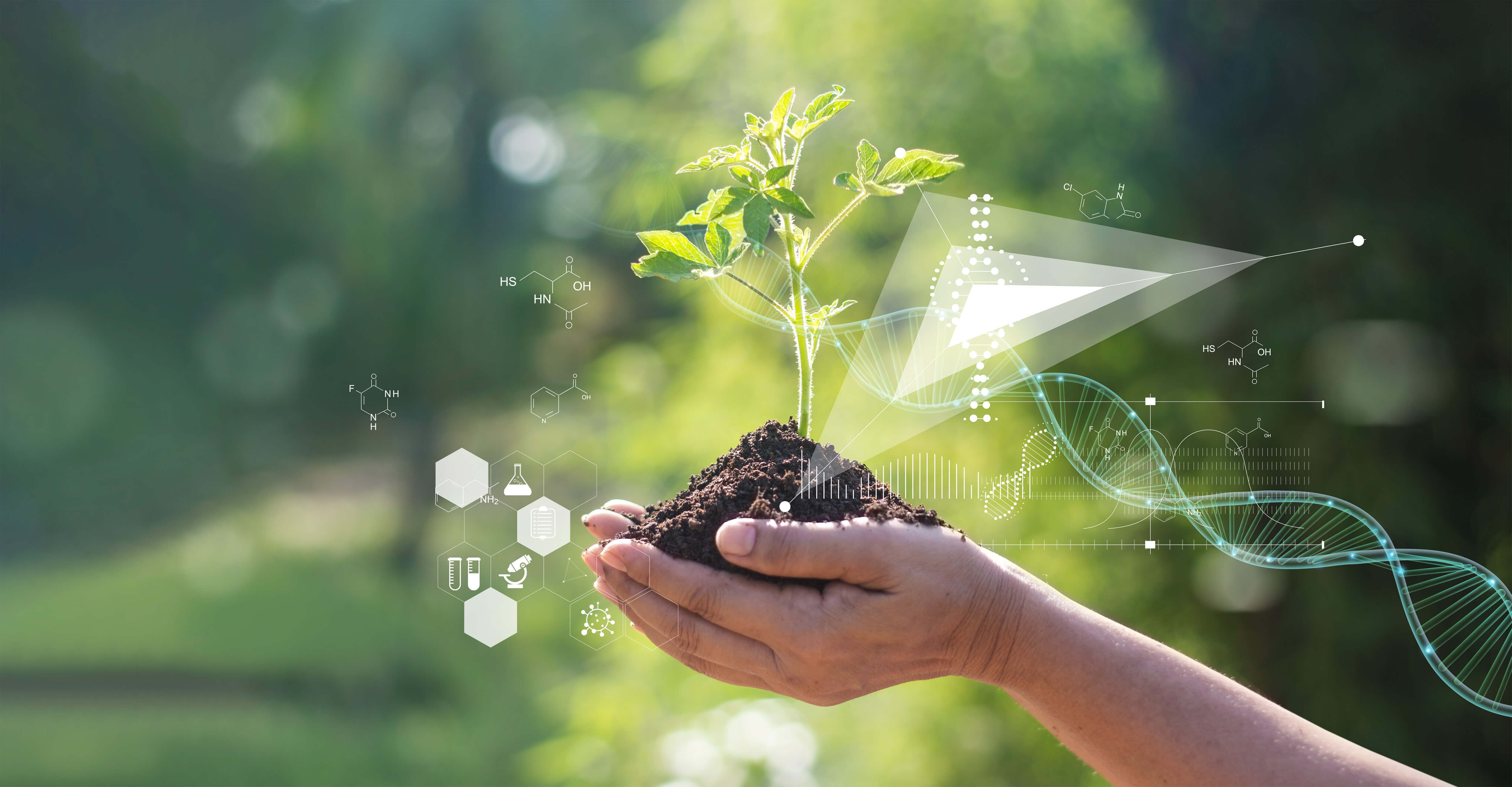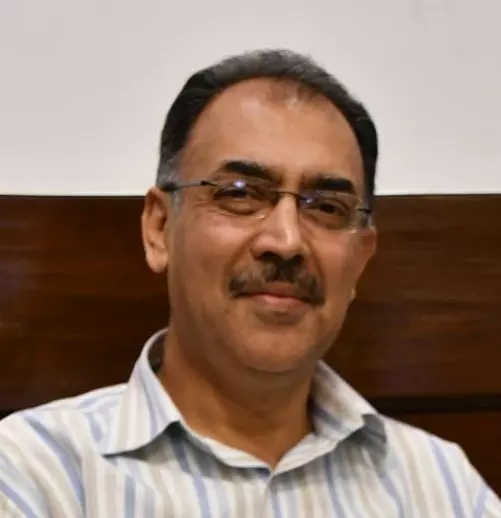A pertinent realignment
Amid changing geographical niches and cropping patterns, India needs to realign the traditional farming practices of small and marginal farmers with modern technologies

An interesting study on saffron was conducted by the Institute of Himalayan Bioresource Technology, Palampur in Himachal Pradesh. India produces five per cent of the world's saffron. Besides adding flavour to food, saffron has many other usages such as in curing disorders of the nervous systems as well as in anti-cancer measures. The study used data documented at the Global Biodiversity Information Facility, Denmark to compare areas of saffron cultivation in Jammu & Kashmir, Himachal Pradesh and Uttarakhand with over 400 locations of saffron cultivation all over the world. Detailed analysis led to identification of probable niche geographic areas for farmers to grow saffron in India. Such geographic niches have the apt environmental conditions in which plant species develop and sustain the biodiversity ecosystem.
Experts opine that as the world's climate change vulnerabilities increase, the ability of the existing plant species to hold on to their geographic niches may see a change. Factors that are altered by such change include availability of nutrients, occurrence of predators, temperature, availability of light, soil moisture etc. This, in fact, can have critical bearing on small and marginal farmers as existing package of practices and crop choices may also have to be re-looked while identifying new geographic locations where desirable plants such as saffron may grow well.
India's hosting, in the above context, of the ninth session of the Governing Body (GB9) of the International Treaty on Plant Genetic Resources for Food and Agriculture at New Delhi from Sept 19-24, 2022 is extremely relevant. The treaty, in harmony with the Convention on Biological Diversity, has been playing a significant role in global conservation and equitable exchange of plant genetic resources to strengthen climate resilient agriculture. Pertinent to India's agricultural progress over the years has been the contribution of its small farmers, indigenous communities, tribal population and, particularly, women farmers in conserving plant resources.
The Dongria Kondhs, for instance, are a traditional tribe living in remote areas of the Niyamgiri hill range in Southern Odisha. Their indigenous food consists of varieties of millets. An age-old seed collection system in the region, which intensively involves the local community, has reportedly rescued the hardy Kodo millet (a variety high in fibre and energy content) after an absence of nearly 40 years!
Against this backdrop, the Odisha government's five-year 'Millet Mission' is supplementing the input as well as marketing needs of indigenous small and marginal farmers (like the Dongria Kondhs) across the state to grow millets. In addition, Odisha based non-profit organisations such as Living Farms are empowering them on issues of malnutrition and climate stress, and extensively promoting nutritious and climate resilient millets. Similar initiatives have been launched by state governments of Karnataka, Maharashtra and Telangana. India's active promotion of International Year of Millets 2023 will further provide impetus to countrywide millet research for development of climate resilient varieties/hybrids including bio-fortification.
The state government of Haryana, similarly, has learnt important lessons during the implementation of the 'Climate Resilient Agricultural Practices — Climate Smart Villages' project. A dire need has been felt to strengthen the adaptive capacity of 75 thousand farming families in 250 villages of ten paddy/wheat/maize growing districts to climate change. To do so the state government has partnered with The International Maize and Wheat Improvement Centre (CIMMYT), National Innovations in Climate Resilient Agriculture (NICRA) and Indian Council of Agricultural Research (ICAR).
The above examples amply demonstrate that our effort as the host country for the ongoing GB9 deliberations has to be to strengthen a global, operational and future-ready benefit-sharing framework. The nuts and bolts of such a framework will include use of modern agricultural technologies while sustainably conserving traditional knowledge of small and marginal farmers and, most importantly, strengthening their capacities through focused extension.
The writer is an Additional Secretary in the Ministry of Agriculture & Farmers Welfare, Government of India. Views expressed are personal



